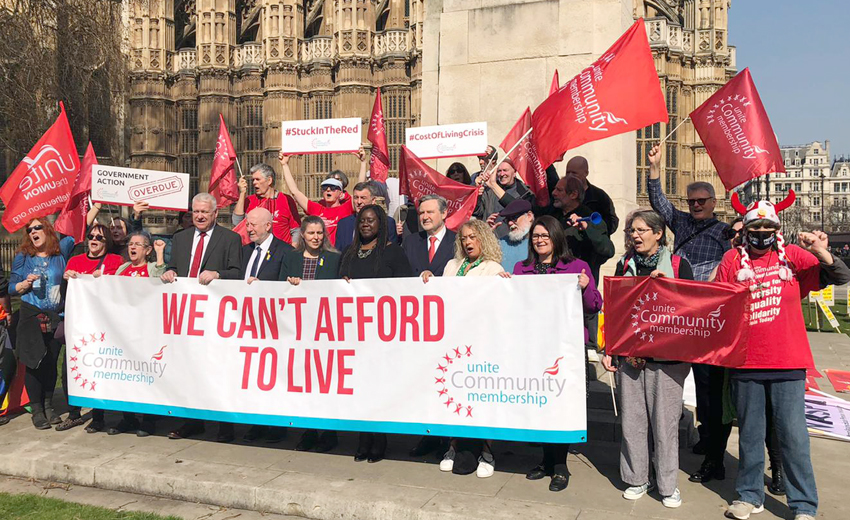LIZ TRUSS returns to Parliament for the first time as Prime Minister today, amidst a bubbling rebellion of MPs and economists who are aghast at the collapse of support for the Tories in the polls since she came to power and of confidence in the UK economy.
Yesterday, Chancellor Kwarteng announced that he will bring forward his ‘economic plan’ by almost a month to 31 October, in a bid to reassure markets following his catastrophic mini-budget of Friday 23rd September, which collapsed UK pension funds and led to the Bank of England (BoE) being forced to bail them out to the tune of £65 billion.
Kwarteng had previously said he would wait until 23 November before giving details of how he intends to fund the tax cuts he announced last month.
An Office for Budget Responsibility (OBR) forecast of how the economy will perform in coming years will be published at the same time.
His initial refusal to publish a draft OBR report to accompany the mini-budget on 23 September also rattled markets and MPs.
In the wake of the mini-budget, the pound slumped to a record low, government borrowing costs surged and the BoE was forced to step in and take emergency action after the dramatic market movements put some pension funds at risk of collapse.
The new date means Kwarteng’s fiscal statement will be published before the BoE announces its latest decision on interest rates on 3rd November.
The Bank’s Monetary Policy Committee (MPC) is widely expected to raise interest rates for the eighth time since last December with many economists forecasting a sharper rise than previous increases.
Over the weekend, the newspapers were quoting numerous unnamed ‘Cabinet sources’ as blaming the BoE for the state of UK finances, claiming that it had been ‘too slow’ to raise interest rates.
Yesterday, the BoE announced measures it hoped would ensure an ‘orderly end’ to the emergency bond buying scheme it was forced to launch after Kwarteng pledged additional tax cuts on top of those outlined in the mini-budget.
Susannah Streeter, senior investment and markets analyst at Hargreaves Lansdown, said it had launched ‘a two-pronged attempt to calm markets’ as the pound remained weak and government borrowing costs inched up again.
‘Policymakers and politicians are clearly nervous about seeing a repeat of the mini-financial crisis unleashed following the presentation of the Truss administration’s slash-and-spend plans and fresh moves are being made to try and repair the damage,’ she said.
‘All eyes will be on the independent assessment of his spending plans, and the risk is that if the numbers don’t add up, the markets could take fright again.’
Truss will hold a series of meetings with Tory MPs this week, as she tries to quell backbench unrest.
There is widespread unease in the Tory party over her plan to raise working-age benefits in line with earnings rather than inflation, a real-terms cut that would save the government around £5bn.
Former Chancellor Sajid Javid became the latest Tory MP to demand an increase in line with inflation yesterday.
However, Truss’s spokesman said a decision has not yet been made, adding: ‘We want to get the latest information as regards things like inflation.’ Asked if she was ‘open-minded’ on the topic, the spokesman answered: ‘Yes’.
Truss is due to address the backbench 1922 Committee tomorrow.
